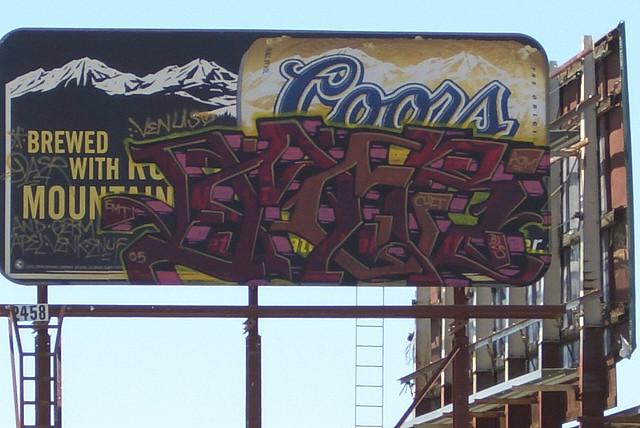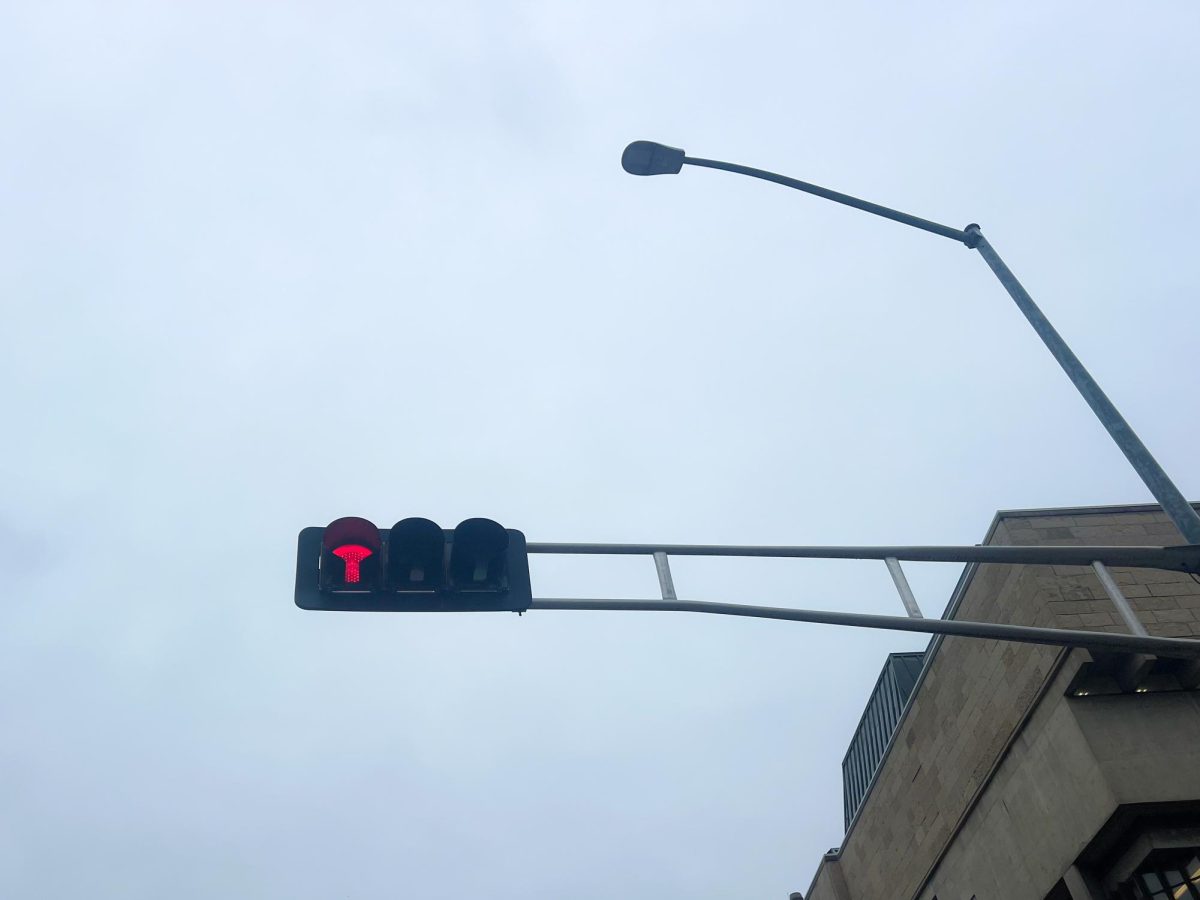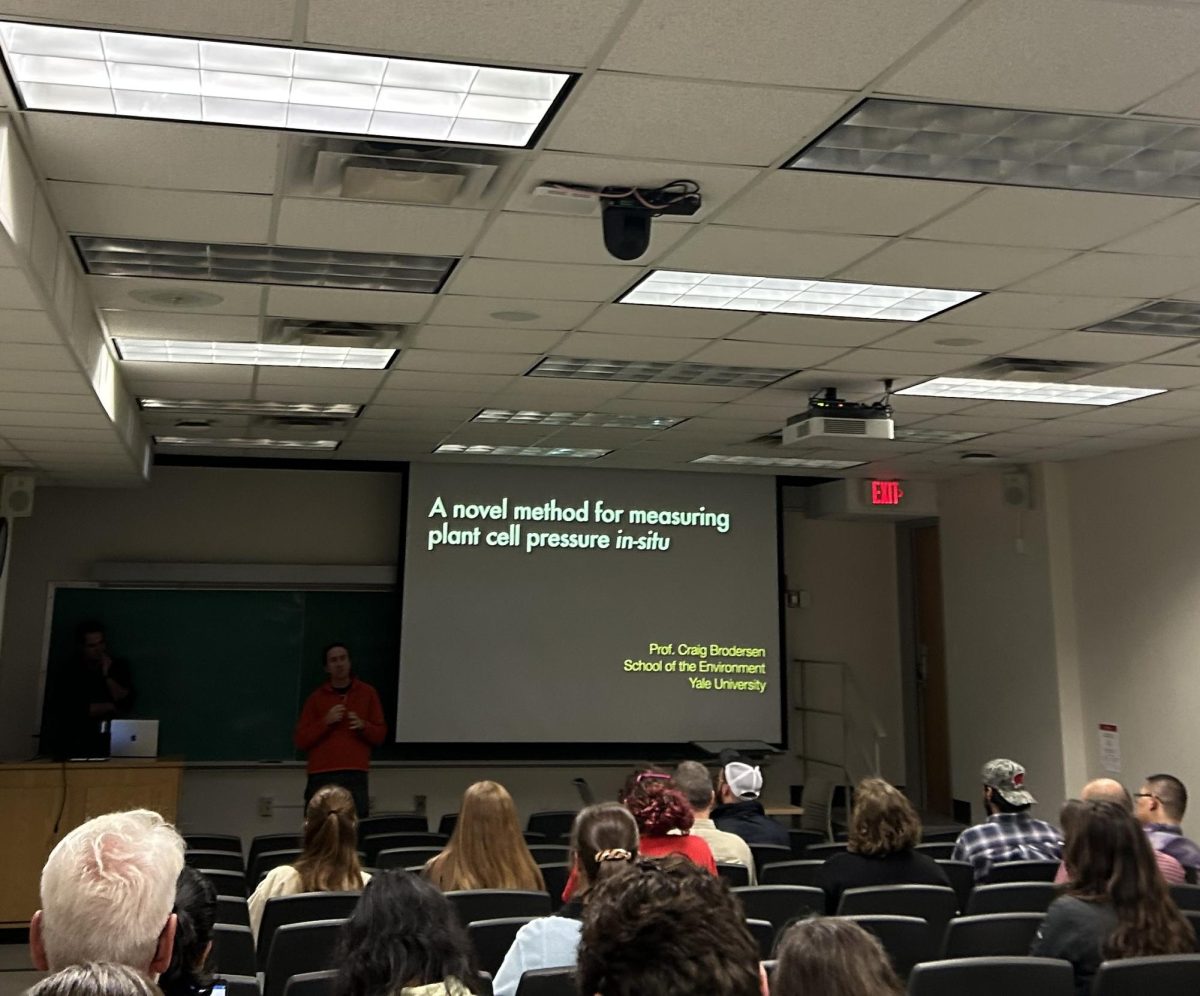Madison’s City Council recently voted to uphold Mayor Paul Soglin’s veto of an ordinance that would change the city’s ban on construction of new billboards.
The ordinance, which had previously passed by City Council, was vetoed by Soglin. The veto had the opportunity to be overturned by the council, but the council fell one short of the 14 votes needed.
The ordinance, which was proposed by Council President Ald. Chris Schmidt, District 11, is not a new idea. Schmidt said the request first came up a few years ago.
The ordinance would have created a cap and replace program which would allow for parts of signs to be taken down and allow for that square footage to create a new sign elsewhere, Schmidt said. However there are restrictions on where signs can be placed, he said, as they could only be placed in industrial or commercial zones.
Though the ordinance would not technically allow for the creation of new billboards, it makes no mention of removal of existing billboards. This was one of the biggest issues Ald. Ledell Zellers, District 2, had with the ordinance.
“[The ordinance] would have frozen the number of billboards that we have now,” Zellers said. “But there is no mention of a gradual reduction over time, which is why I supported the mayors veto.”
Zellers said the city created its original ban on new billboards simply due to the fact that they are not an attractive feature of the city and don’t serve the purpose they once had.
Fitchburg Ald. Dorothy Krause, District 1, testified in support of the Soglin’s veto. Kruase noted legal troubles the city of Fitchburg has faced when dealing with billboard companies.
“The billboard companies tend to be quick to litigate at any opening that they’re given and Fitchburg has faced litigations similar to those that face Madison,” Krause said.
Madison has faced various lawsuits with sign companies, Schmidt said.
Madison first imposed its ban on billboards in 1989, the same year a lawsuit was filed about it. The lawsuit was settled in 1994 and resulted in the the creation of 16 new billboards, Schmidt said.
“Ever since governments have been trying to get rid of billboards there have been lawsuits, which is to be expected when you attempt to legislate an industry out of existence,” Schmidt said.
Zellers said the ordinance itself is very complicated, and this may have been part of the reason why City Council chose not to overturn the veto for the ordinance which it passed just two weeks earlier.
The vote to overturn the veto was very close, and a couple people had switched their votes in both directions, Schmidt said.
Though the attempted veto overturn did not pass, Schmidt did say one alder was absent from the vote and has the right to request reconsideration. However, it will not be clear if that will happen or not for another week, Schmidt said.













